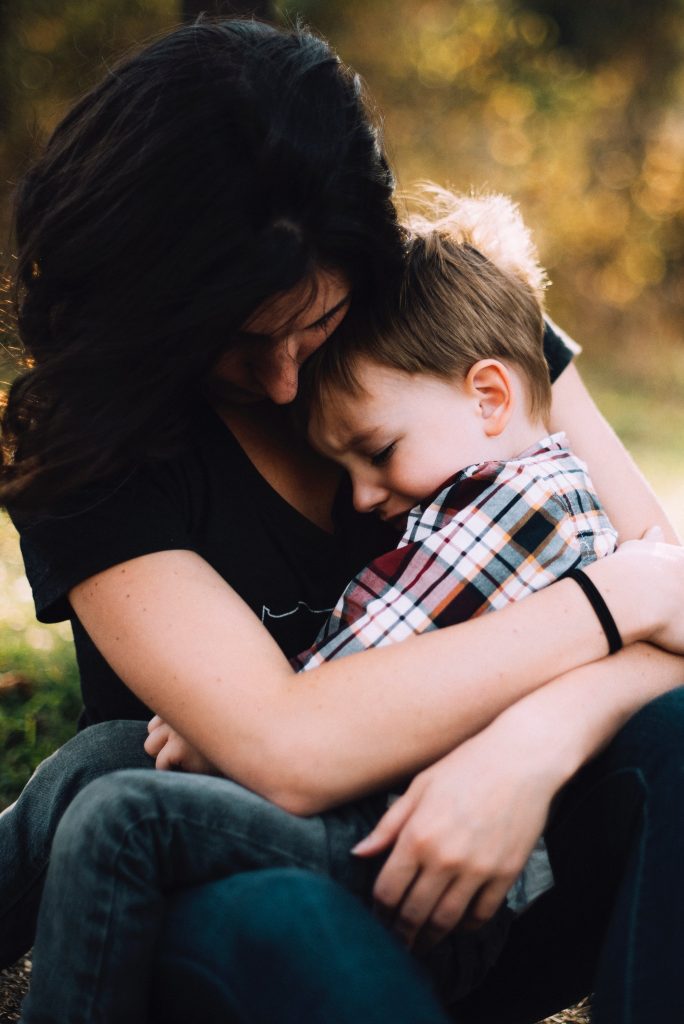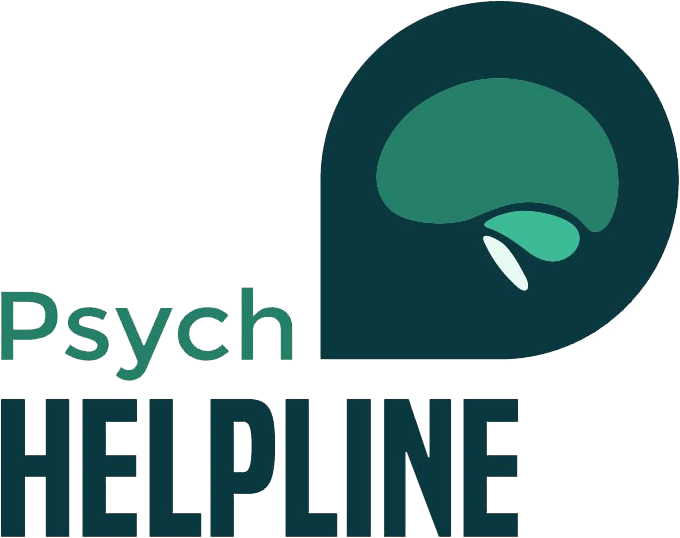Table of Contents
The elder generation of the family would most definitely scoff at the idea of getting family counseling for conflicts. Yet statistics seem to tell another story. According to the American Association of Marriage and Family Therapists, it has a success rate of 98%. Now that’s a huge number indicating its effectiveness. Families tend to go through rough patches every now and then. Then we’re all left wondering; “Well, I guess my family’s a bit different”.
This difference is acceptable, only if those “rough patches” don’t become the norm. Every member of the house deserves a peaceful nurturing environment where everyone’s supportive and understanding. Bad family dynamics can induce mental disorders among members of the family and have an even worse impact on the development of kids.
So if you can identify with any of the scenarios discussed down below, you can find a solution through family counseling. But before you proceed; let’s take a look at some un-unneglectable factors while finding a good family counselor;
- Credentials: Find out whether your counselor has been licensed in your state. Look into any other credentials offered to him/her by any well-respected organizations.
- Charges: You should look for something affordable yet effective. The best possible resolution would be finding a counselor suggested by someone you already know. If your insurance covers counseling then it’s even better.
- Sessions: Determine how long each session lasts and whether or not the timings suit you? Going to a counselor close to your locality would save you a lot of time. If it’s a long-distance case, can your counselor work remotely with you and your family? Furthermore, find out how many sessions are in each of these programs offered by your counselor.
In Which Situations Should You Give Family Counseling A Shot?
1. The Transitional Phases
Not all families are as homogenous and traditional as one might expect. Some are either going through divorce, separation, or in the ongoing process of creating a homestead consisting of mixed kids. These are all some of the most common transitional phases a large majority of families go through.
Family counseling can aid kids of a family that’s adjusting to the separation of their parents. It’s also helpful for couples that share kids with other individuals. In the long run, family counseling can help those kids bond better with their newfound siblings. Additionally, family counseling can also help families in adjusting to kids that are evolving.
The way your children act as kids might slightly vary from the way they act like teenagers. Thus a hefty amount of adjustment is required on both ends during this transition from childhood to teenage if you wish to maintain peace inside the house. Kids moving out after college or high school can make the parents feel a bit displaced. Family counseling can help them adjust to this transition without added grief based on the absence of a family member.
Another transitional phase that can benefit from family counseling is the addition of a new family member. Perhaps one of the kids got married or is involved in a live-in situation with their partner. Another possibility would be the change in relationship scenarios of the patriarch and matriarch of the family. It’s quite obvious how these changes can have an impact on the rest of the family’s lives. Thus family counseling can give all parties a chance to throughout discuss the matter and adjust to it more smoothly.
2. Communication Breakdown & Emotional Outbursts
Communication barriers among family members living under the same roof are the worst-case scenario. When you’re living under the same roof you can’t just allow the silent treatment to become a habit. There are a lot of financial and personal matters that require talking as well as regular chatter. Thus any emotional outbursts or straight-out silent treatment isn’t a healthy way to solve problems.
A family counselor can get to the root of the problem with both parties. Both clients can then find out why they’re acting this way, what’s making them so angry and how they can avoid similar behavior in the future. A counselor can also suggest healthy ways to control anger and emotional responses that disrupt the peace in the entire house. Consequently saving you from embarrassment in social settings and lots of sadness.
3. Issues Related To The Young Ones
Raising kids isn’t that easy as we all know. You’ve got to nurture them in a way that caters to all their emotional, psychological, and physical needs. Any kind of neglect can have lifelong results because childhood is perhaps the most sensitive stage of their life. If kids aren’t performing academically as they once did, there could be reasons behind that. Sometimes kids tend to turn too secretive and reclusive. Through family counseling, parents can detect the reason behind their child’s old behavior. Some common reasons behind such irrationality could be;
- The impact of parent’s divorce/separation
- Trauma associated with the death of a friend or person
- Bullying at school
- Lack of self-esteem
- An underlying personality disorder or learning disability
Depending upon the nature of the issue, your counselor can then suggest a therapist program. For instance; if your child has a learning disability, he/she has no control over his academic performance. Thus a counselor might suggest ways to deal with your child’s special needs through therapy and other alternatives.

4. Trauma & Shared Grief
The death of a close relative or member of the family can trigger unusual responses from anyone. It’s shared grief shared among all yet mostly we tend to enclose our feelings inside our heart. Some people tend to share how they feel meanwhile others try to cope in ways that just aren’t that healthy.
The death of a spouse, sibling, or parent can also coerce a few family members into reclusiveness. He/she might even go as far as going completely disengaging from the rest of the family and drop into a depressive slumber. Family counseling caters to such needs and other similar circumstances that involve shared grief and trauma. Some of these situations are;
- Witnessing the death of someone near and dear
- House fire or an environmental disaster e.g. flood, earthquake, etc.
- The diagnosis of a life-threatening disease in a family member
- Miscarriage
- The shared impact of bad parenthood among siblings
- Sexual abuse/assault
- Verbal abuse
5. Substance Abuse & Anomalies
An addict doesn’t only hurt himself with what he does. He’s indirectly inducing pain into the lives of people who love him and are hurting to see him/her struggle with addiction. If a member of the family is engaging in substance abuse, a family counselor can suggest ways on how other members of the family can pursue the issue.
There are ways family members can be helpful and help the addict let go of this habit. Remember, you can’t make someone get rid of the issue until or unless they actually wish to get better. Similar is the case for mental health anomalies. Once a diagnosis is made in a family member, other members can learn new ways to pursue the former with much more care.
A counselor can guide you on ways you can make sure that even with a mental anomaly, the member of your family feels supported and at peace. You can learn things to avoid saying or doing around that member and just overall be supportive in their hard time. For instance; if your spouse has been diagnosed with GAD, with a counselor you can discover new ways to make them feel less overwhelmed in the house or in social situations.
6. Personal Clashes
If there’s an ongoing dispute between 2 or more family members then it disrupts the entire house. Yelling, using petty tactics, and arguing are only going to affect the rest of the house. Thus one can resolve these personal disputes in a counseling session. It can be anything along the line of sibling rivalry or a simple misunderstanding among other parents. Some other reasons for clashes may include;
- Lack of respect shown towards a particular member
- Lack of space given to kids by the parents
- Religious, political or, cultural differences among family members
- Matters related to a family member’s sexuality
7. Change In Family Dynamics
Perhaps there has been another addition in the family via adoption. The parents will probably want the newly adopted kid to adjust well with the rest of the members of the family. Particularly, their other biological kids have got to bond well with the newly adopted child. This new addition to the family can be greeted with a lot of alienation and he/she might turn a little reclusive.
Sibling rivalry can also become another conflict if the biological kids detect any additional preference on the end of both parents. Through family counseling, each member of the family can learn new ways to smoothly adjust to this new member of the house. Furthermore, one can discuss ways to reduce the distance between the biological kids and the adopted child.
Another possible factor that can disrupt family dynamics is the addition of another biological child. Kids who have never had a sibling before might find the experience pretty odd. Similarly, the parents can find the task of raising two kids at a time too hefty. Family counseling can also help in resolving these matters.

8. Finance Management & Settlements
Change in economical status or employment situation can cause major disputes among family members. Sometimes the people that are earning to fulfilling the expenses tend to decrease in number and sometimes the monthly budget’s way too high to handle for two or more members. Another cause of dispute could be the shares in a family business or inherited property. With the help of a family counselor, you can create peaceful dialogues with every member and decide how to tone down the expenses.
Unbelievably, property disputes can really mess up brotherhood and people really do cut ties on the basis of it. Family counseling can show its impact in those cases as well if both parties wish to avoid any court-related measures. It can be the easy way out and clients can avoid a lot of heartaches caused by court proceedings related to financial matters. With the help of a counselor, you can peacefully engage in dialogue and try to find a mutually agreed-upon solution.
Family counseling can also be pretty helpful for about-to-be-separated couples that want to settle things out of court. If there are kids and property involved you probably want to handle settlements with more sensitivity. Thus family counseling is the way to go.
9. Infidelity & Abandonment
Family counseling also caters to families that have been abandoned by their parental figures or other close relatives. Abandonment whether it’s physical or emotional can tarnish relationships for the worse. The impact of childhood abandonment is way worse than any kind. It can cause trust issues and create disputes that last for life if not resolved via professional help. With the help of a family counselor, the returning family member can learn ways to revive the old love and trust between the family. Additionally, spouses who have been cheated on can rehabilitate their marriage with couples counseling. On the other hand, family counseling can normalize life for the kids who have been affected by the infidelity of one parent towards another parent.
Final Words
Can you or your family members identify with any of the aforementioned troubling scenarios? If the answer’s yes, then you can learn how to cope with any of these concerns via family counseling. Search for common listings and you’ll be able to find some credible names. If you’re more inclined towards individual sessions first, then you can request your counselor to keep the group sessions on hold for a quick minute. Hopefully, you’ll find the positive family dynamics with the work you and your family members are putting in!







